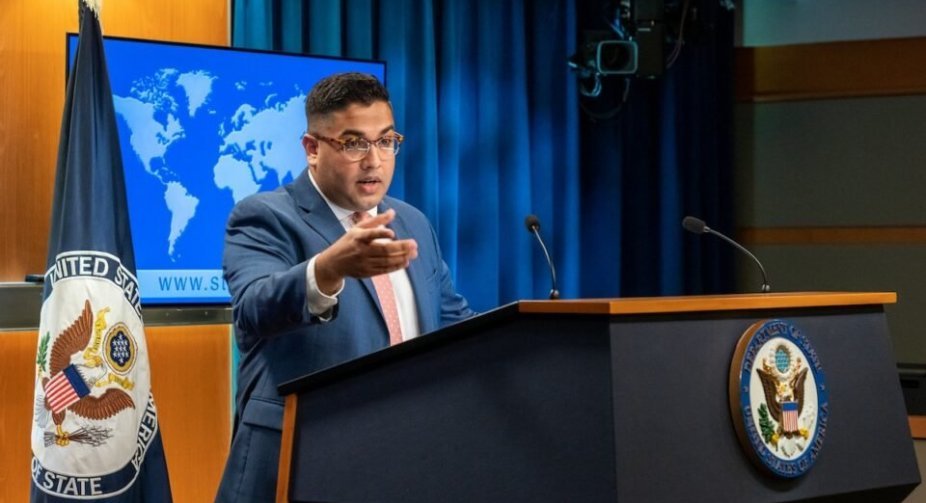The US Principal Deputy Spokesperson, Vedant Patel, on Wednesday reiterated concerns to the Georgian Government regarding the foreign transparency bill adopted in its initial vote earlier during the day.
Patel emphasized the imperative of aligning legislation with EU norms and values, highlighting potential obstacles to Georgia's aspirations to join the European Union."
“We will continue to urge and reiterate with the Georgian Government our dire concerns of this kind of legislation, and heed the warnings that this kind of legislation is not in line with the EU’s norms and values, which would certainly negatively impact Georgia’s stated goal to eventually become a party to the European Union”, Patel said.
The bill aims to register non-commercial legal entities and media outlets in the country as “aligned with the interests of a foreign power” if they obtain more than 20 percent of their funding from abroad and is largely criticized as a “Russian law” by domestic actors and international partners.
Thousands took to the street over the past several days to protest the resubmission of the bill by the ruling party after its rejection last year due to mass protests.






